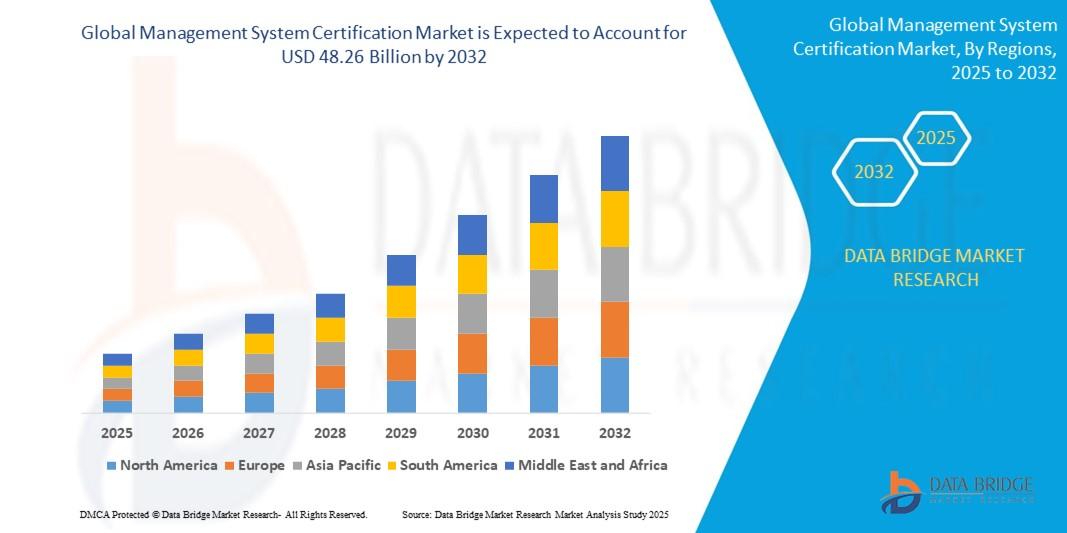Who Should Consider Cardiac Screening? Key Risk Factors Explained

Heart disease is one of the leading causes of death worldwide, but the good news is that early detection can make a significant difference in treatment and prevention. One of the most effective ways to detect potential problems before they become serious is through cardiac screening. This preventive approach involves a series of tests that evaluate your heart’s health, identify early warning signs, and help reduce your risk of developing life-threatening conditions.
But the question many people ask is: Who really needs cardiac screening? While everyone can benefit from monitoring their heart health, there are certain groups of people who are at higher risk and should strongly consider regular screenings. Let’s break down the key risk factors that make cardiac screening essential.
What Is Cardiac Screening?
Cardiac screening is a preventive medical evaluation designed to detect signs of cardiovascular disease before symptoms appear. It usually includes tests such as:
-
Blood pressure check
-
Cholesterol and lipid profile
-
Electrocardiogram (ECG or EKG)
-
Echocardiogram (ultrasound of the heart)
-
Stress test
-
Carotid Doppler ultrasound
-
Blood sugar and diabetes screening
These tests help doctors identify hidden risks like high blood pressure, arterial blockages, irregular heart rhythms, or other conditions that could lead to serious complications such as heart attack or stroke.
Why Is Cardiac Screening Important?
The importance of cardiac screening lies in its ability to detect early changes in the heart and blood vessels. Many people with heart disease don’t show symptoms until the condition has advanced. By then, treatment becomes more difficult. Screening allows for:
-
Early intervention before complications develop
-
Personalized treatment plans based on risk factors
-
Lifestyle modification guidance to reduce future risks
-
Peace of mind by knowing your current heart health status
Who Should Consider Cardiac Screening?
Not everyone requires intensive cardiac testing at an early age, but certain people fall into high-risk categories. If you fall into any of the following groups, you should strongly consider regular cardiac screening.
1. Adults Over the Age of 40
As we age, the risk of heart disease naturally increases. People over 40 years old are more prone to developing hypertension, high cholesterol, and atherosclerosis. Preventive cardiac screening at this stage can help detect silent issues and provide a baseline for future heart health monitoring.
2. People with a Family History of Heart Disease
Genetics plays a big role in cardiovascular health. If you have parents, siblings, or close relatives who experienced heart attacks, strokes, or sudden cardiac death, you are at higher risk. Regular cardiac screening can help identify inherited risk factors early, even if you feel perfectly healthy.
3. Individuals with High Blood Pressure (Hypertension)
Hypertension is often called the “silent killer” because it usually has no symptoms but can damage arteries and the heart over time. If you have been diagnosed with high blood pressure, cardiac screening is crucial to check for hidden damage and prevent long-term complications.
4. People with High Cholesterol
Elevated levels of LDL cholesterol (bad cholesterol) can lead to plaque buildup in the arteries, increasing the risk of coronary artery disease. Cardiac screening can identify arterial blockages or narrowing before they cause a heart attack.
5. Diabetic or Prediabetic Individuals
Diabetes significantly raises the risk of cardiovascular disease because high blood sugar damages blood vessels and accelerates plaque buildup. Anyone living with type 1, type 2, or even prediabetes should undergo regular cardiac screening as part of their care plan.
6. Smokers and Former Smokers
Cigarette smoking damages the lining of blood vessels, reduces oxygen in the blood, and increases clot formation. Even if you quit smoking, the long-term effects may persist. Regular cardiac screening helps ensure that any damage is detected early.
7. People Who Are Overweight or Obese
Carrying excess weight puts extra strain on the heart and increases the likelihood of developing high blood pressure, diabetes, and high cholesterol. If your BMI is in the overweight or obese category, cardiac screening can help monitor how your heart is handling the extra stress.
8. Individuals with a Sedentary Lifestyle
Lack of physical activity is directly linked to poor cardiovascular health. If you live a sedentary lifestyle, you may be at risk for obesity, hypertension, and diabetes—all of which contribute to heart disease. Cardiac screening can provide insight into how inactivity is affecting your heart.
9. People Under High Stress
Chronic stress has been linked to heart disease due to its effects on blood pressure, cholesterol, and lifestyle habits (like overeating or smoking). If your daily life involves high levels of stress, cardiac screening can be a valuable preventive tool.
10. Anyone Experiencing Symptoms of Heart Problems
Even if you don’t fall into a high-risk category, you should seek immediate medical advice and consider cardiac screening if you experience symptoms such as:
-
Chest pain or pressure
-
Shortness of breath
-
Unexplained fatigue
-
Irregular heartbeat
-
Swelling in the legs or feet
These may indicate underlying cardiovascular issues that require urgent attention.
How Often Should You Get Cardiac Screening?
The frequency of cardiac screening depends on your age, risk factors, and overall health.
-
Low-risk individuals: Every 3–5 years starting at age 40
-
Moderate to high-risk individuals: Every 1–2 years
-
People with existing conditions (diabetes, hypertension, etc.): Annually or as recommended by your doctor
Ways to Reduce Heart Disease Risk
While cardiac screening is an excellent preventive tool, adopting a heart-healthy lifestyle is just as important. You can lower your risk by:
-
Eating a balanced diet rich in fruits, vegetables, and whole grains
-
Exercising at least 150 minutes per week
-
Quitting smoking and limiting alcohol
-
Managing stress through mindfulness, meditation, or relaxation techniques
-
Maintaining a healthy weight
-
Keeping blood pressure, cholesterol, and blood sugar under control
Final Thoughts
Cardiac screening is not just for people who already have heart disease—it’s a preventive measure that can save lives. If you are over 40, have a family history of heart disease, or live with conditions like diabetes, high blood pressure, or high cholesterol, regular screenings are essential. By identifying risks early, you can take steps to protect your heart and enjoy a longer, healthier life.
Remember: prevention is always better than cure. Talk to your doctor today about the right cardiac screening plan for you.





